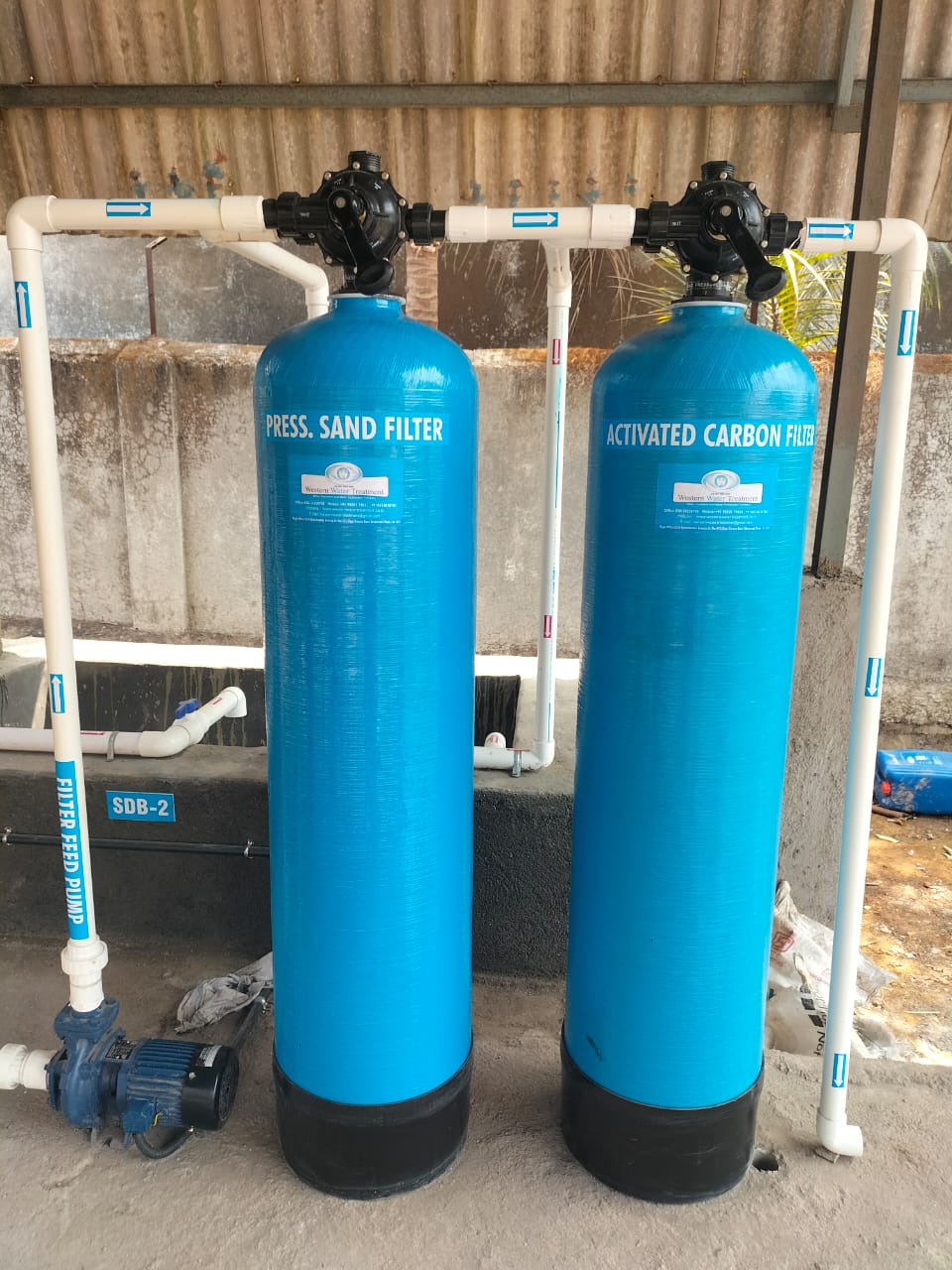Reverse Osmosis (RO)
Filtration

Filtration
Filtration is the process of removing solid particles (such as dirt, sediments, microorganisms, or impurities) from a liquid or gas by passing it through a filter medium that allows only the fluid to pass while capturing the particles. Filtration is a widely used technique in water treatment, air purification, chemical processes, and many other industries to separate unwanted substances from a desired fluid or gas.
Key Advantages of Filtration:
The following steps are involved in basic wastewater treatment:
- Improves Water and Air Quality:Filtration removes harmful particles such as dust, bacteria, pollutants, and chemicals from water and air, ensuring cleaner, safer products for consumption or use.
- Prevents Equipment Damage:In industrial processes, filtration helps protect machinery and equipment by preventing particles from clogging or damaging sensitive components like pumps, turbines, and pipes.
- Cost-Effective Process: Filtration is generally simple and requires minimal energy compared to other separation techniques like distillation. It is a cost-effective method for purifying fluids and gases.
